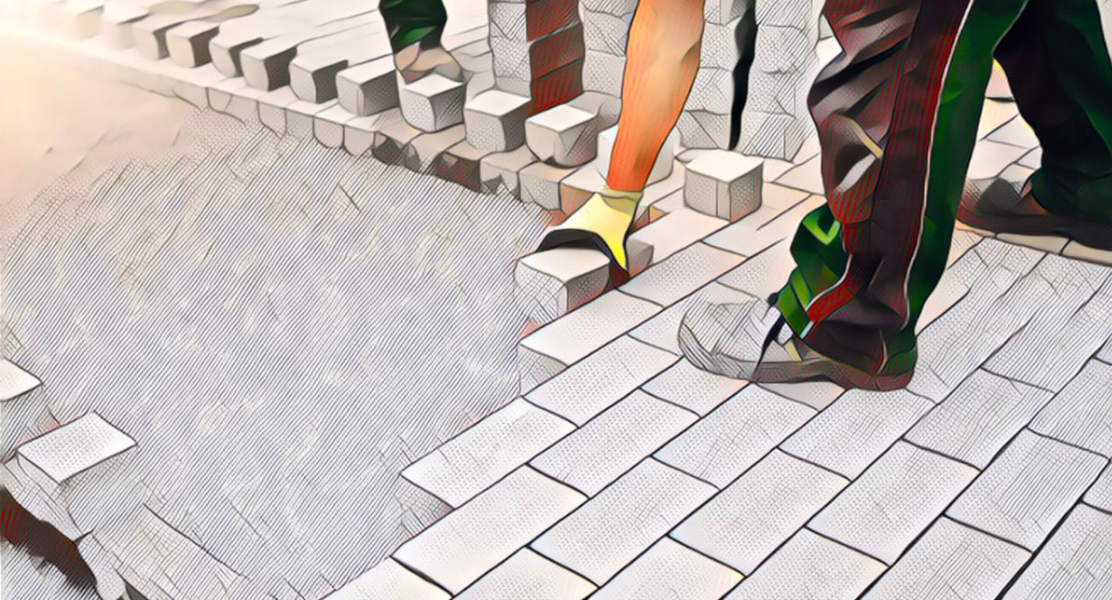Injunction halts New Jersey constitutional provision barring taxpayer funding for building or repairing houses of worship

Surveying recent U.S. Supreme Court cases involving questions about state funding of religion, federal judge Evelyn Padin reached a conclusion that should concern anyone who believes in religious freedom for all. “The ‘play in the joints’” historically afforded to states between the Establishment Clause and the Free Exercise Clause “seems to be over,” she writes.
In a case brought by churches claiming New Jersey’s denial of their application for historic preservation funding through a state program violates their First Amendment rights under the Free Exercise Clause, Judge Padin cited the demise of that long-standing principle in explaining her decision to issue an injunction halting a state constitutional provision (“the Religious Aid Clause”) that explicitly bars such funding.
The U.S. Supreme Court cited the “play in the joints” principle in Locke v. Davey, a 2004 case, holding that the First Amendment permits Washington state to exclude devotional degrees from a taxpayer-funded scholarship program, even though the Establishment Clause doesn’t require it. “Play in the joints,” as Chief Justice William Rehnquist explained it at the time, allows states to “draw a more stringent line than that drawn in the United States constitution” when it comes to protecting against the establishment of religion.
In 2018, the New Jersey Supreme Court cited this same principle in finding that the Religious Aid Clause is not in conflict with the U.S. Constitution. The court ruled that government grants used to repair a dozen churches violated the Religious Aid Clause because they “sustain the continued use of active houses of worship” and thus “constitute an impermissible religious use of public funds.”
Six years later, Judge Padin argues that the landscape of church-state jurisprudence no longer supports such a ruling, pointing to a pair of Supreme Court decisions issued after 2018 (Espinoza and Carson) to support the conclusion that “religious use” is no longer a salient distinction. “The Supreme Court has made clear that when a state makes public benefits available, it cannot deny that benefit ‘based on a recipient’s religious exercise.’”
The court emphasized that the constitutional provision barring taxpayer funding from repairing houses of worship is too broad to withstand Free Exercise scrutiny in light of those recent Supreme Court rulings, but the court did leave room for the possibility that a more narrowly focused funding ban may be acceptable. From the decision:
The current construction of Rule 5.6.4 does not mean, however, that Locke is not still good law, nor that any restriction on taxpayer funding of religious institutions is unconstitutional. Without deciding the issue, the Court notes that a different version of Rule 5.6.4 restricting mandated taxpayer funding of purely religious iconography or purposes may still survive under Locke. However, such a hypothetical, narrower provision is not before the Court.
That narrow window is small solace for those of us who believe that religious freedom for all requires both the Free Exercise and the Establishment Clause to be robustly interpreted and enforced. Their genius is in their balance. Judge Padin’s alarming reading of recent Supreme Court cases, however, proclaims the end of that balance. “[T]he scales,” she writes, “weigh in favor of Free Exercise.”
The Attorney General of New Jersey has not yet announced whether the state will appeal the ruling.




